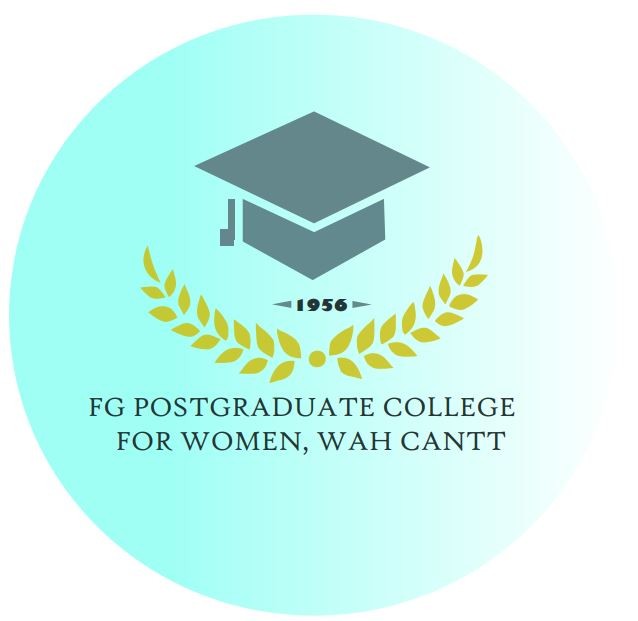1. College students are entitled to use the library books which are issued for seven days only. Unless otherwise permitted, a student who retains a book for more than 7 days will be fined Rupees 5 per day until the book is returned or re-issued.
2. A book if not required by others may be re issued to the same borrower. To get it re-issued the student must first present the book to the librarian for necessary entries.
3. Book specially reference books or periodicals and magazines are not issued. Not more than two books are issued at a time.
4. A student who damages or loses a book shall be liable to pay double the cost or replace the book or the whole set of the series as the case may be.
5. Silence and Discipline must be maintained in the library and the reading room. Willful violation of library rules may result in the expulsion of the defaulter.
Study and recreational trips hold immense importance in colleges as they play a vital role in the holistic personality development of students. These trips provide invaluable opportunities for experiential learning beyond the confines of the classroom, allowing students to connect theoretical concepts with real-world scenarios. Exposure to diverse cultures, environments, and professional settings broadens students’ perspectives, enhances their social skills, and fosters adaptability and confidence. Recreational aspects of such trips encourage teamwork, stress relief, and healthy peer interactions, contributing to emotional well-being and stronger interpersonal relationships. By combining educational enrichment with leisure and exploration, study and recreational trips nurture well-rounded individuals equipped with practical knowledge, cultural awareness, leadership qualities, and a more resilient, open-minded approach to life’s challenges.
College organizes different outdoor activity to exciting cultural and northern destinations for all our students. The trips are governed by rules and supervised by our team of experienced staff.
Sports hold a vital place in colleges as they play an integral role in shaping well-rounded, resilient, and disciplined individuals. Active participation in sports cultivates essential life skills such as teamwork, leadership, time management, and strategic thinking, which complement academic learning and prepare students for future professional challenges. Engaging in regular physical activity promotes physical fitness, mental health, and stress relief, fostering a healthy balance between study and recreation. College sports also strengthen students’ sense of community, belonging, and school spirit, encouraging healthy competition and camaraderie among peers. By providing opportunities to excel both on and off the field, sports nurture self-confidence, perseverance, and a positive attitude toward facing setbacks and achieving goals.
Participants of sports competitions were awarded certificates.The winner and runner-up teams of Volleyball, Table Tennis, Badminton, Chess , Tug of War, long jump, Shot put, Discuss throw & Javelin throw were appreciated open-heartedly by the Chief guest Regional Director Col.Abdul Wali (Wah) and Principal of FGPGW Wah Cantt. Finally,chief guest shared his thoughts and appreciated the students and the faculty for their remarkable performance.
Computer labs play a pivotal role in colleges by providing students with essential access to advanced technological tools and resources, fostering hands-on learning, and bridging the gap between theoretical knowledge and practical application. Well-equipped computer labs empower students to develop critical technical skills such as programming, data analysis, digital design, and software development, which are indispensable in today’s rapidly evolving job market.
These labs also facilitate collaborative learning, innovation, and research, enabling students to work on real-world projects, enhance problem-solving abilities, and stay abreast of emerging technologies.
By cultivating a technology-rich environment, computer labs significantly contribute to the overall academic growth and professional readiness of students, ensuring they are well-prepared to meet the dynamic demands of the modern digital landscape.
A well-designed cafeteria, envisioned as a “Learning Lounge,” holds significant importance in colleges by serving as a dynamic space that extends learning beyond formal classrooms. More than just a place to eat, a modern cafeteria fosters an environment where students can engage in informal discussions, collaborative study sessions, and creative brainstorming in a relaxed and comfortable setting. This social hub encourages interaction among students from diverse disciplines, promoting the exchange of ideas, peer learning, and networking. By offering a welcoming space for group work, casual meetings, and healthy breaks, the cafeteria as a Learning Lounge contributes to students’ mental well-being, work-life balance, and sense of community on campus.
The PG College Day Care Center will be a thoughtful initiative established to support faculty members by providing a safe, nurturing, and educational environment for their young children during working hours. The center will ensure peace of mind for faculty, allowing them to focus on their professional responsibilities while their children are cared for in a comfortable and stimulating setting.
Equipped with trained caregivers, age-appropriate learning materials, and a hygienic atmosphere, the daycare promotes the emotional, physical, and social development of children. This facility reflects the college’s commitment to fostering a family-friendly work environment and promoting a healthy work-life balance among its staff.

